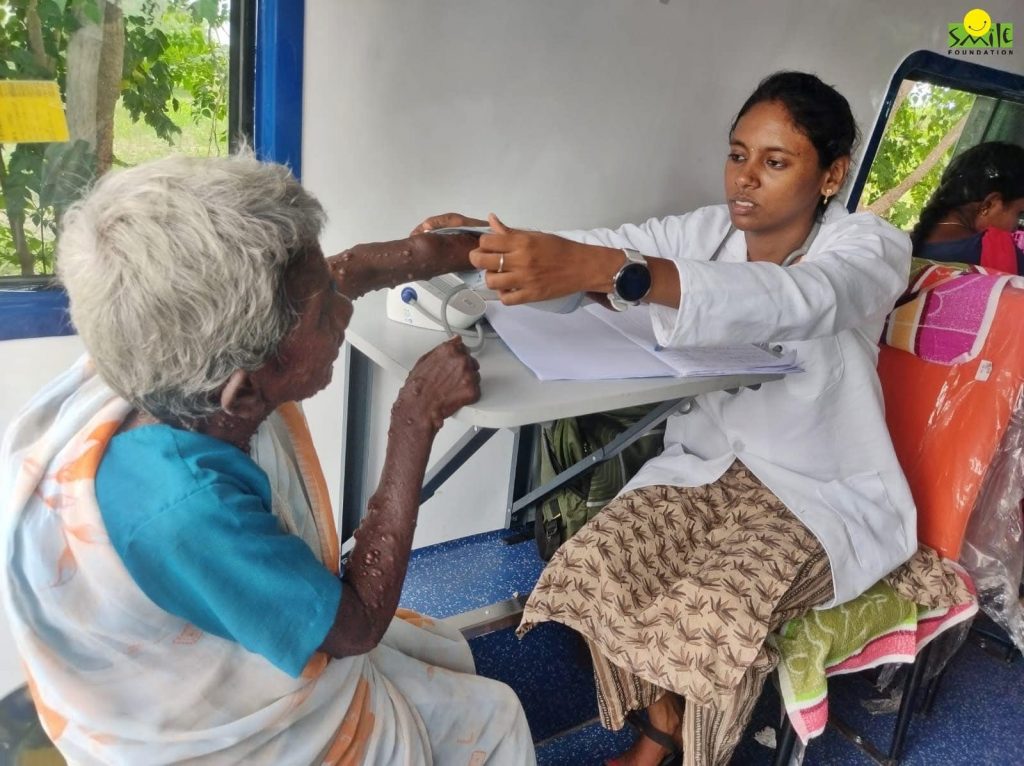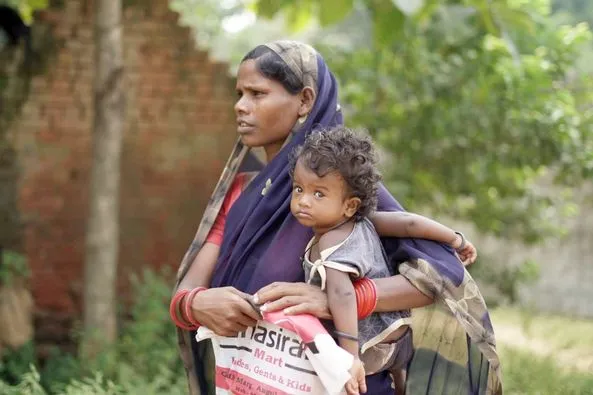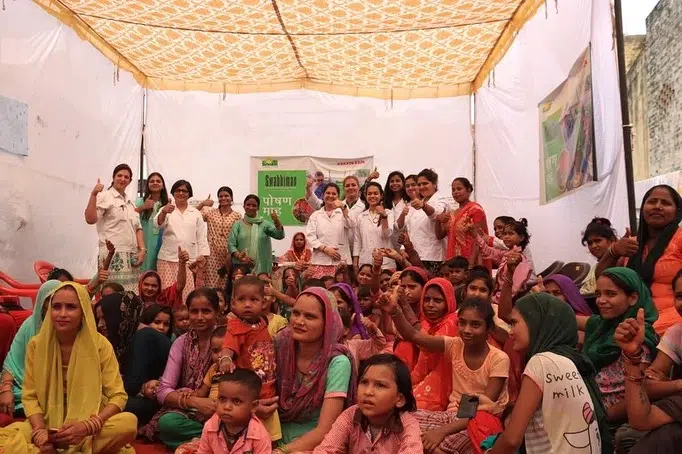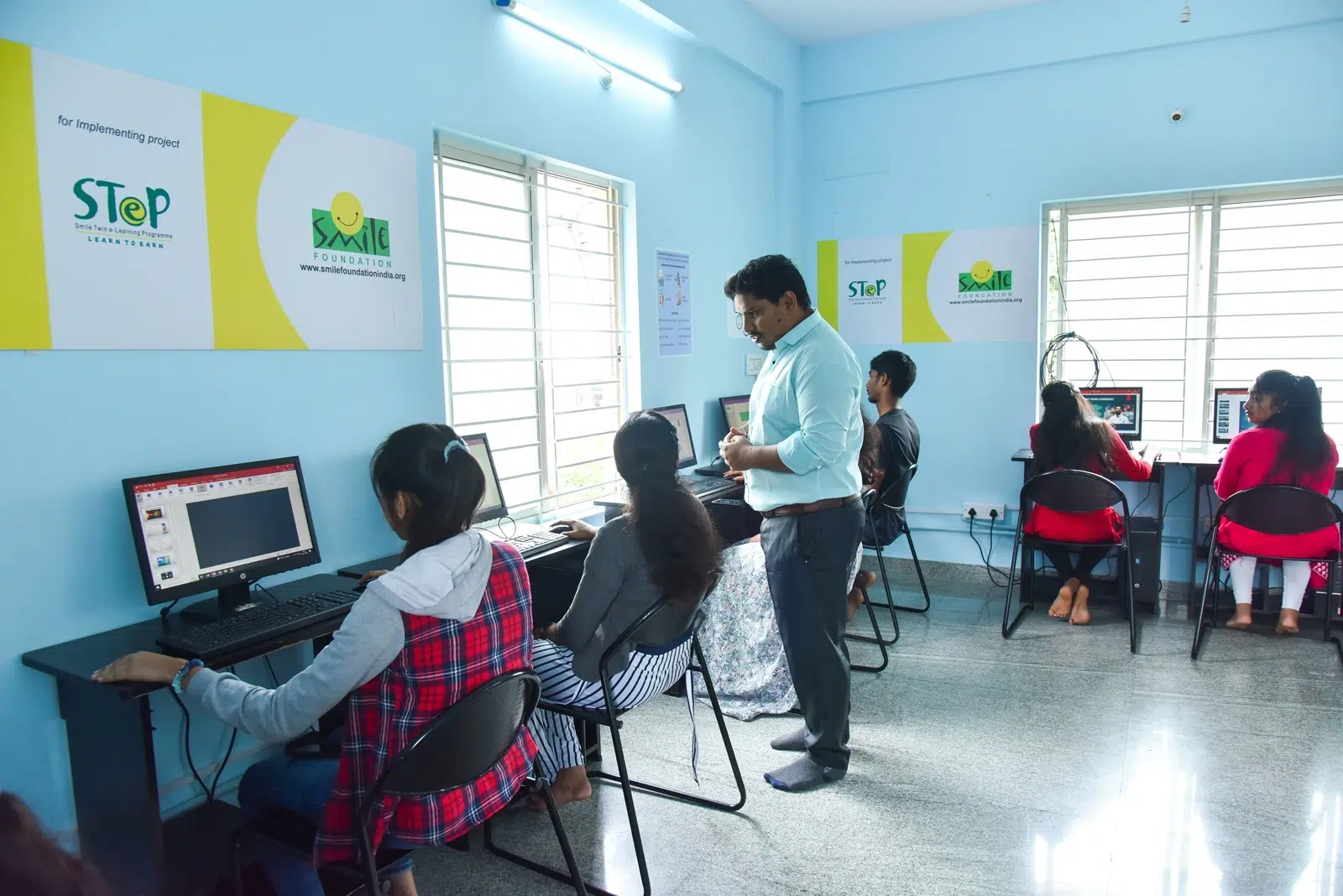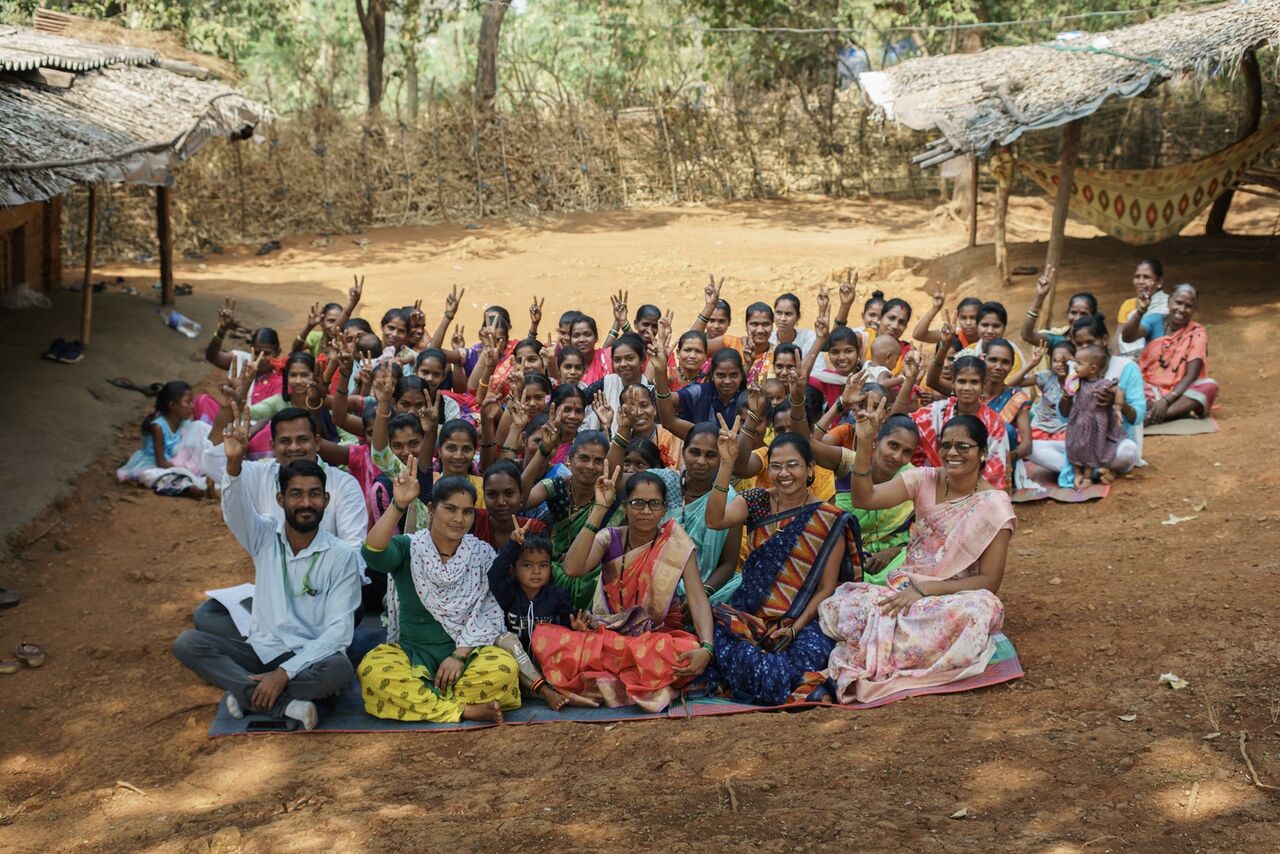COVID-19 drew attention to the matter of women’s mental and physical health. Until then, hadn’t we all seen how women’s health was prioritised generally throughout pregnancy and the postpartum period only? Even if more women are educated and have jobs, their disposable income may not necessarily result in higher spending on medical care and may even cause a decrease. This could be linked to women’s tendencies for contributing to the welfare of their families and households. These tendencies are either natural or moulded by social, family or peer pressure.
But promoting gender equality, empowering women and eliminating discrimination are crucial for their health and well-being. Gender inclusion is necessary for effective health programmes and research planning.
One of the most essential milestones towards women’s healthcare is the provision of doorstep healthcare services. Women are typically overlooked when it comes to healthcare due to the constraints of managing domestic chores, family responsibilities and, in many cases, careers. They are unable to set aside time to focus on their health. Furthermore, the traditional worldview causes women to value the health of others over their own.
Challenges Women Face in Accessing Healthcare
Gender Disparities in Indian Healthcare
Healthcare, like other sectors, suffers from inequities. There have constrained access to healthcare due to poverty, violence and discrimination; cultural prejudices in research funding for female healthcare services and programmes for women; and a gender wage gap with additional layoffs, particularly during their reproductive years, are all factors that make access to healthcare difficult.
Access to Specialised Care in Rural areas
In addition to a lack of trained healthcare providers and proper infrastructure with medical equipment and privacy, women in remote and rural areas may have limited access to specialised care. For example, women who need comprehensive diagnostic tests for specialised surgery may have to travel significant distances. Access to healthcare is limited due to factors such as travel costs, safety and privacy concerns and limited transportation options.
Insufficient Awareness and Lack of Prioritisation
This is an additional factor contributing to the inability of females to access healthcare. Women, particularly those uneducated, are often oblivious of any symptoms that require attention or that they can be treated and that such intervention can positively impact their prognosis. As previously said, women often prioritise household and family responsibilities over their personal health.
Kinds of Doorstep Healthcare Services
Doorstep healthcare services include mobile healthcare services in rural, remote and low-income areas that provide routine health check-ups, awareness, injection administration, pulse, blood pressure and temperature measurements, diagnostic services such as ECGs, laboratory sample collection and medication access. Even in cities, teleconsultations, online counselling and the services mentioned above are common and more specialised. Online pharmacy services include the provision of medical equipment and medication. Physiotherapy services are provided by professionally trained physiotherapists.
Home care services include ICU care, post-hospitalisation care, oncology care, medical equipment, elderly care, orthopaedic treatment and doctor consultations. The crucial aspect here is that such services are vetted and staffed by adequately qualified health professionals.
Key Areas Where Doorstep Healthcare Makes a Difference
Doorstep healthcare provides frequent prenatal checks, postnatal care and vaccinations to children, lowering mother and infant death rates by resolving issues and supporting safe delivery practices. Preventive care and health education enable early disease identification while also educating women on hygiene, diet and family planning, creating a proactive attitude to long-term health and well-being. Home-based care for lifestyle diseases and other chronic disorders provides women with constant monitoring and medication support, enabling successful treatment without the need for frequent clinic visits. Doorstep programmes also target mental health by providing counselling and treatment in the comfort of their own homes, decreasing stigma and encouraging people to prioritise mental health, which is frequently disregarded owing to societal expectations. Furthermore, such services lower the likelihood of re-hospitalisation for patients suffering from chronic medical conditions or receiving end-of-life care.
According to a UNFPA report, sexual and reproductive ill-health is responsible for one-third of the global burden of disease among women of reproductive age. It is one of the greatest urgency in today’s time to increase investment in the health of women and girls so that they have access to high-quality healthcare services in order to maintain autonomy over their bodies and decision-making processes. This also entails providing services at their doorstep which is not a complex task in this technologically advanced era. Technology is essential for bridging the divide between home-based, virtual and mobile health services. Increased levels of care and more extensive services can be provided to a broader patient base by providing these agencies with digital health tools, financial support and training.
The development and execution of innovative, customised strategies can be based on a more profound, nuanced comprehension of the unique healthcare requirements of women and their challenges in interacting with health systems, with the ultimate goal of promoting good health for all.
Read more about Smile Foundation’s doorstep healthcare initiatives in this article and our other healthcare interventions through Health Cannot Wait.



